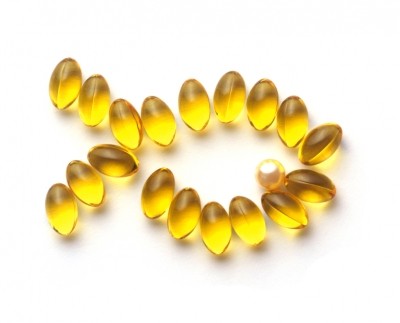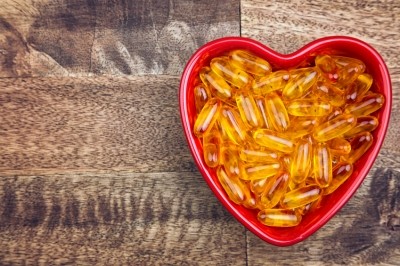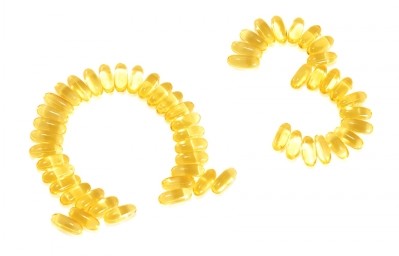Probiotics and omega-3: Co-microencapsulation boosts bacteria survival and fatty acid retention

Writing in Food Chemistry, researchers from Federation University in Australia said this was the first study to report on the digestion behaviour of co-microencapsules containing two distinct bioactive ingredients such as omega-3 oil and probiotic bacteria.
Their study assessed the performance of the strain L.casei plus omega-3 rich tuna oil when co-microencapsulated in a complex coacervate shell material made of whey protein isolate (WPI) and gum Arabic (GA).
“The in-vitro digestibility of the co-microcapsules and microcapsules was studied in terms of survival of L. casei and release of oil in sequential exposure to simulated salivary, gastric and intestinal fluids,” they wrote.
“Co-microencapsulation significantly increased the survival and surface hydrophobicity and the ability of L. casei to adhere to the intestinal wall.”
Three different microencapsulations were prepared: The first was a solution of tuna oil (15g) encapsulated in WPI and GA; the second L.casei probiotic cell mass in WPI and GA; and the third was co-microencapsulation of tuna oil with L.casei cell mass with WPI and GA.
The study also assessed unencapsulated L.casei culture.
All the capsules were then exposed to simulated salivary (SSF), gastric (SGF) and intestinal (SIF) fluids.
Findings revealed that the unencapsulated probiotic culture showed a steady loss in viability in all scenarios.
“This indicates that microencapsulation of L. casei in complex coacervate shell material helps to improve its survival in SSF,” researchers wrote.
All the samples, encapsulated or not, eventually suffered loss of viability after being exposed to the simulated gastric condition.
But it was observed that there was significantly greater decrease in viability from the L.casei only encapsulation, compared to the tuna oil plus L.casei capsule.
Better preotection
“This result indicate that the presence of omega-3 oil together with the bacterial cells provides better protection to the latter during the gastric simulation,” the study revealed.
“No viable cells of L. casei managed to reach the SGF when they were not protected. The co-microencapsulated bacterial cells survived better in SIF than the microencapsulated bacterial cells. This indicates that the presence of omega-3 oil in general greatly improves the survival of bacterial cells in SIF.”
Researchers explained that previous studies showed dietary polyunsaturated fatty acids (PUFAs) particularly eicosapentaenoic acid (EPA), promoted the secretion of immune signalling protein TGF-b1 (Transforming Growth Factor b1) by gut bacteria, and this could be one of the reasons for the co-microencapsulated probiotic plus tuna oil’s improved viability.
“Our results strongly support that the co-microencapsulation of omega-3 oil and probiotic bacteria improves the survival of probiotic bacteria in the human digestive system,” they concluded.
Source: Food Chemistry
DOI: 10.1016/j.foodchem.2017.01.080
“In-vitro digestion of probiotic bacteria and omega-3 oil co-microencapsulated in whey protein isolate-gum Arabic complex coacervates”
Authors: Divya Eratte, Kim Dowling et al.
The Probiota series is growing, and in October 2017, Singapore will host the first ever Probiota Asia event. Building on the success of the annual global Probiota and Probiota Americas events, Probiota Asia will focus exclusively on this high growth market and the challenges it faces.
Save the date: 11-13 October 2017
















